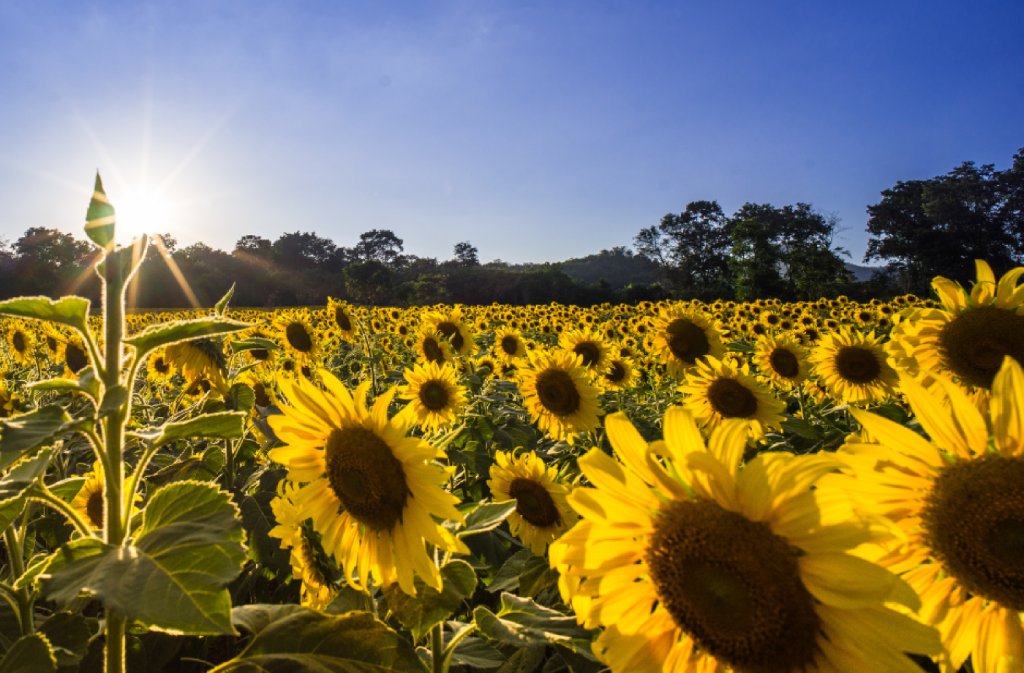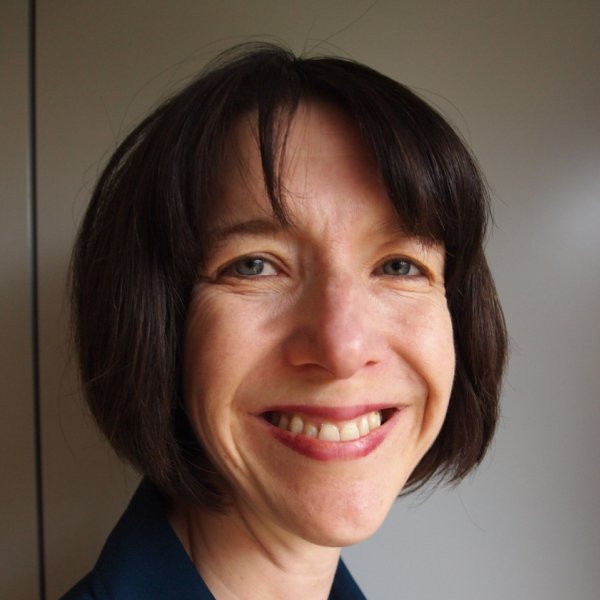Home » Homes for Ukraine – Planning for your guest’s arrival

In the latest series of our CEO’s learning from Homes for Ukraine, Kate shares some advice to plan for the arrival of your guests.
During the long process of preparing to welcome a refugee family through Community Sponsorship, we support groups to think through the opportunities and challenges they will face when the family arrive. Being realistic is vital during this phase. While the experience of Community Sponsorship is overwhelmingly positive, it’s also demanding work, so we spend time helping sponsors think through what this means. As I’ve mentioned in previous blogs, it has not been possible to prepare sponsors on the Homes for Ukraine scheme in this way and while we’ve introduced a compulsory webinar during which we give some home truths about community welcome, we know more is needed.
One of the things that has struck some of our longer-term supporters is the difference between all the resettlement programmes and what this means for prospective guests. You need to do your research. Understandably, many people don’t know the difference between a refugee, and those seeking asylum and how these systems work. While we hear a lot about ‘Ukrainian refugees’ you might be surprised to learn that those Ukrainians welcomed through the Homes for Ukraine scheme will have three years leave to remain in the UK and not have refugee status.
Admin and registrations
Don’t underestimate the amount of time it takes to do life admin in the UK as we have a lot of bureaucratic processes you might not know about yet! As part of the Community Sponsorship programme, sponsors help people set up their benefits, GP and dental registration, UK based bank accounts or find school places. Under the Homes for Ukraine scheme, things work slightly differently as local authorities receive funding from central government to help, however, we know that sponsors will be asked to help and dependent on your capacity (and boundaries) your advice and support will be invaluable.
Setting boundaries
When you are giving so much, opening your hearts and homes to refugees it is crucial that you all know where you stand; what the legal / financial implications are, how much time and what you can offer and what the limits of your support are. A key part of the training our team deliver to Community Sponsorship groups, and now in Homes for Ukraine, is about establishing your boundaries – and that of everyone in your household; it really is the fairest thing for your refugee guests. Within the context of Homes for Ukraine we have heard that some relationships break down as these boundaries weren’t set and, crucially, shared with each other. Boundaries help build trust and mutual respect, if you decide to break your own rules, for example, if you offer to babysit as a one off, make it clear that this cannot be an ongoing arrangement. This might sound tough, but it helps everyone overall.
Integration support
While some guests need little support, arriving in a new town (city or village) can be daunting. Helping your guest get to know the area is the biggest integration support you can give! From taking your guests to the shops to introducing them to your friends or taking them to a coffee shop or pub these small acts can really help people settle into their new community. Independence is vital, so help your guests understand the local bus, tram or trains routes and timetables and don’t forget to show them how to buy tickets if the service is cashless. Ukrainian guests on the Homes for Ukraine scheme are allowed to work from day one, so point them in the direction of job boards / centres. If your guests are struggling to communicate, try and find them an English language course.
Plan for the future
The Homes for Ukraine scheme envisages that Ukrainian guests will stay in your home for six months, and that time will fly. It is never too early to plan for the end of your support. It might feel uncomfortable to plan for your guests exit but good endings are as important as warm welcomes, and you can do a lot to prepare your guests to feel confident in moving on. Don’t forget that your local authority will need to know your plans for what happens at the end of the six-month period, most are asking you to provide two months’ notice of your intention to end your sponsorship.
I hope these tips will help you prepare for your sponsorship journey, there are plenty of resources on this site but feel free to drop the team a line if there is other information which would help.

Share
Read all news and insight from our initiatives
See Coverage of Reset UK in the press and media
Read our research projects and news
Come together locally to welcome a refugee family. Find out how Community Sponsorship helps refugee families in need build a new life in the UK with confidence and dignity.
There are so many ways to show your support. Find out more about how to get involved.
How do I sponsor a refugee family? How does the process work? Reset is here to support you every step of the way.
Wherever you are on the fulfilling and thrilling journey through Community Sponsorship, we have training courses, videos, articles and more, all designed to help your group and the family you support.
From drop-in sessions to UK-wide networking events, we bring together people and professionals involved in all stages of the Community Sponsorship journey.
Our toolkits are designed to make it easy for you to support community-led welcome, including resources for local groups, support for potential lead sponsors, and practical advice for Local Authorities.
Research, monitoring and evaluation are essential for making evidence-based decisions that help community-led welcome to flourish.
Make an extraordinary difference to the lives of people who have lost everything by signing up to our (free) Landlords for Refugees register.
Not everyone can donate their time, so if you are choosing to donate money today instead or as well as, thank you. Your generosity is vital to the work we do support community-led welcome of refugees.
We empower volunteers to welcome refugees into communities across the UK, and we’re inviting you to be part of our movement. Together, let’s shape a better future.
Help others by sharing your account. Why were you attracted to community-led welcome? What worked, what did you learn, what has the experience been like for you?
Community-led welcome isn’t about one organisation. We work with a range of organisations and individuals to deliver our work and to grow the movement.